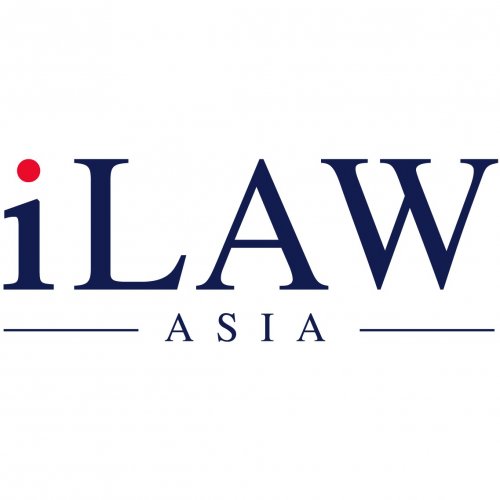Best Appeal Lawyers in Yangon
Share your needs with us, get contacted by law firms.
Free. Takes 2 min.
List of the best lawyers in Yangon, Myanmar
About Appeal Law in Yangon, Myanmar
In Myanmar, Appeal law is a crucial aspect of the country's justice system. It provides persons convicted at a lower court, a legal way to contest the judgment if they believe it was faulty. This appeals process is available for both civil and criminal cases. The laws regarding appeals are laid out in Myanmar’s Code of Civil Procedure and Code of Criminal Procedure. The respective appellate courts hear appeals, which are based in Yangon, the largest city and former capital of Myanmar.
Why You May Need a Lawyer
Legal expertise is indispensable in the appeal process. If you are the appellant, a lawyer will ensure your grounds for appeal are valid, prepare your appeal brief, and represent you during the appeal hearing. If you are the respondent, a lawyer will help you understand the potential implications of the appeal, put forth a strong defense, and guide you through the entire process. Additionally, understanding and asserting your legal rights and responsibilities can be complex due to the intricacies of Myanmar's legal system. It is highly recommended to have an experienced appeal lawyer who can navigate this complicated process on your behalf.
Local Laws Overview
Relevant laws for appeals in Myanmar are located within the Code of Civil Procedure and the Code of Criminal Procedure. In the Civil Procedure, appeal-eligible cases include any decree or order. For the Criminal Procedure, any person convicted on a trial may appeal to the appropriate court. The time limit for filing an appeal varies based on the type of case and court. Additionally, Yangon, being a Union Territory, is directly under the control of the national government, so both national and local laws apply here.
Frequently Asked Questions
What constitutes valid grounds for appeal?
The grounds for appeal should be significant enough to have potentially changed the outcome of the initial trial. This could relate to procedural irregularities, incorrect application of the law, or the emergence of new evidence.
What is the difference between a regular appeal and a special appeal?
A regular appeal is an appeal as of right, whereas a special appeal is conditional on obtaining leave from the court. Special appeals are typically against interlocutory orders or against orders not specifically listed as appealable.
Is there a time limit for filing an appeal?
Yes, there is a time limit for filing an appeal, which varies based on the type of case and court. It is crucial to consult with a lawyer promptly to ensure you don't miss these crucial deadlines.
What if my initial appeal is denied?
If your initial appeal is denied, you may have the option of appealing to a higher court, depending on the nature of the case and the specifics of the judgement.
Do I always need a lawyer for an appeal?
While it's technically possible to represent yourself, hiring a lawyer is highly recommended due to the complexity of the appeal process. A competent lawyer can help ensure that your appeal is structured correctly and that you present the best possible case.
Additional Resources
For additional information, you can refer to Myanmar's official legislation website or contact the Union Supreme Court in Yangon. Several non-governmental organizations provide free legal aid and can be a useful resource.
Next Steps
If you need legal assistance with an appeal, the first step is to consult a lawyer well-versed in appeal law in Yangon, Myanmar. They will guide you through the whole appeal process, including filing the appeal, preparation of the appeal brief, and representation in court. Remember, time is of essence in filing an appeal, so it is wise to act promptly.
Lawzana helps you find the best lawyers and law firms in Yangon through a curated and pre-screened list of qualified legal professionals. Our platform offers rankings and detailed profiles of attorneys and law firms, allowing you to compare based on practice areas, including Appeal, experience, and client feedback.
Each profile includes a description of the firm's areas of practice, client reviews, team members and partners, year of establishment, spoken languages, office locations, contact information, social media presence, and any published articles or resources. Most firms on our platform speak English and are experienced in both local and international legal matters.
Get a quote from top-rated law firms in Yangon, Myanmar — quickly, securely, and without unnecessary hassle.
Disclaimer:
The information provided on this page is for general informational purposes only and does not constitute legal advice. While we strive to ensure the accuracy and relevance of the content, legal information may change over time, and interpretations of the law can vary. You should always consult with a qualified legal professional for advice specific to your situation.
We disclaim all liability for actions taken or not taken based on the content of this page. If you believe any information is incorrect or outdated, please contact us, and we will review and update it where appropriate.








